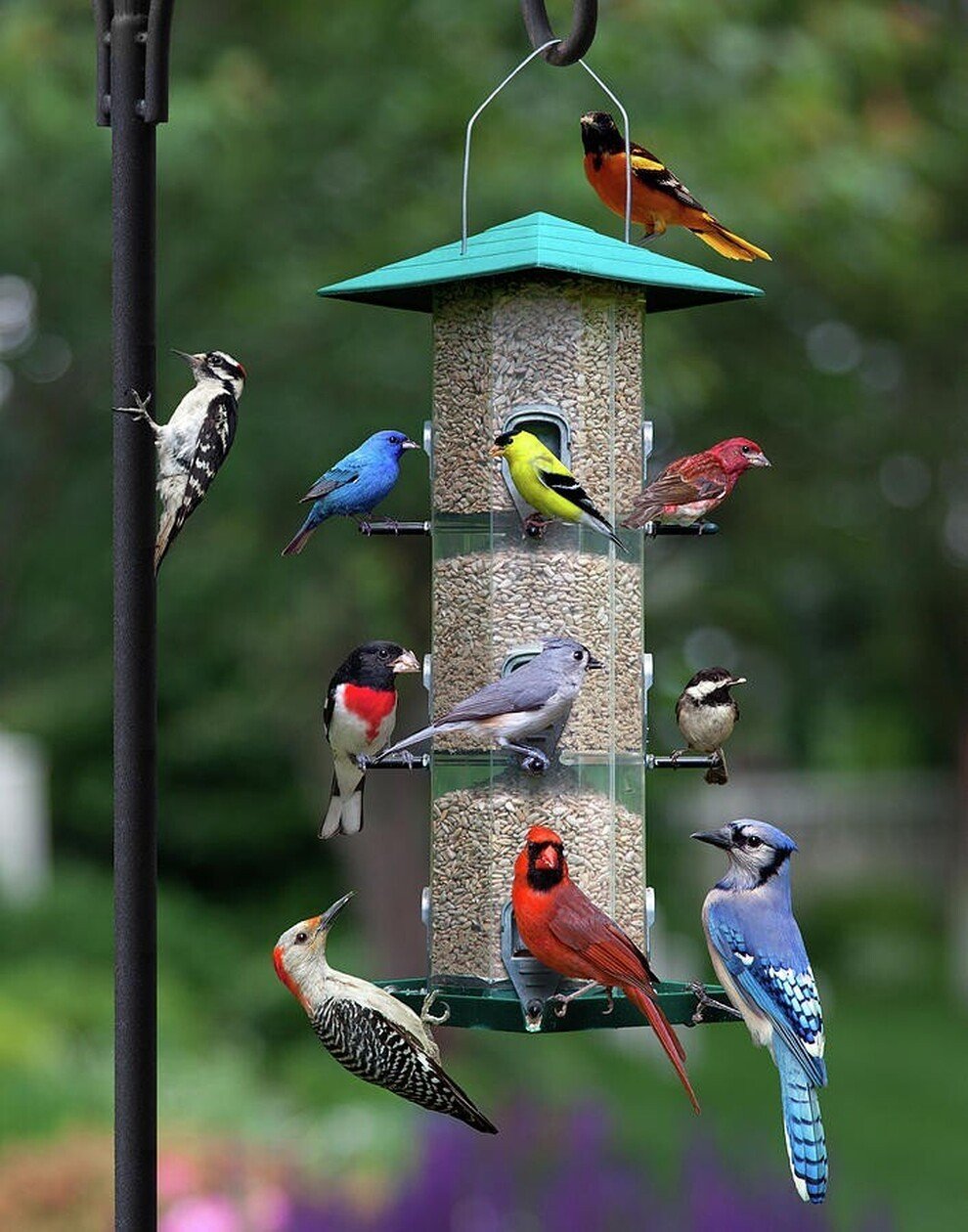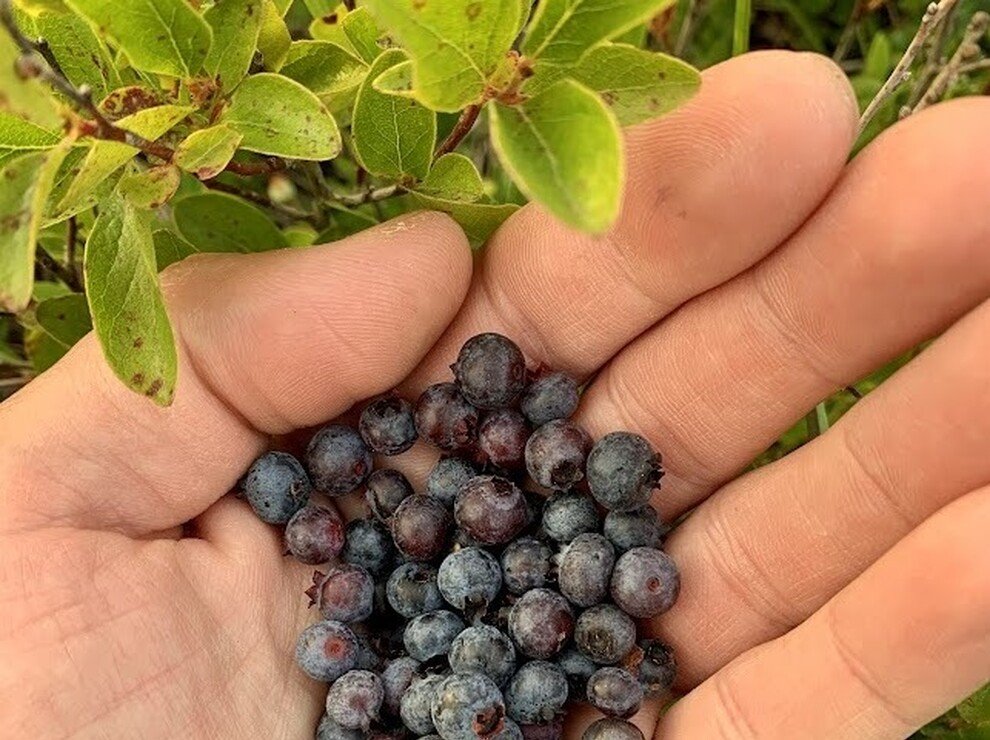
It’s Still Summer
I’ve been trying to think about how to capture this mid- to late-August feeling. It’s a bit like summer is winding down, but I know that the warm weather and beach days will continue well into September. Maybe it’s that the onslaught of back-to-school advertisements and school emails that has me thinking about fall. It surely isn’t the air. There is no crisp, clear September scent just yet. We’re still in the hazy warm days of August. Is there a name for late summer? How about Still Summer. Like, “hello, it’s still summer.”

Current Nature: Nature In The Palm Of Your Hand: Accessible Ways To Connect With Our Natural World
In the busy world we live in today, connecting with nature can seem like a daunting task. Nature is all around us, but it can be easy to overlook the wonderful sights and sounds the natural world has to offer. We are here to provide some easy and accessible ways that one can connect with nature throughout the day. Whether on your commute to work, walking downtown, or at your own home, there are free and simple ways to slow down and enjoy the outdoors!

Weed Warriors
Over the past two decades there has been a growing problem on-island as more and more non-native invasive plants (and other species) establish and dominate. Some species new to our region don’t cause harm, establishing in small populations without changing local ecology. However, it is the domineering plants that cause economic, ecological, or harm to human health that are managed. For a place which prides itself on its conservation and biodiversity, protecting these resources is of vital importance.

Klepto-Gulls of Nantucket Island
You may have heard about the recent theft that occurred at Stop and Shop. A man’s wallet was stolen from his cart right in the parking lot. It was front page news! Ok, it wasn’t front page news, but the perpetrator was identified as a frequent culprit of such crimes—a seagull.

Current Nature: 2024 Nantucket BioBlitz – Making Nature Count
Dog vomit slime mold, harlequin bugs, ghost pipe, searobins, American coot, and hickory tussock moths. What do these things have in common? They were all seen on Nantucket during the 2024 BioBlitz!
The Nantucket BioBlitz just wrapped up it’s fourth year of cataloging every living thing on the island in July. In a two-week period (July 13th – July 26th), volunteers, conservation professionals, students, and other community members canvased the island taking photos of living things (or clues to something alive) and uploading those observations to the iNaturalist app.

Current Nature: Smell The Roses
It is now noticeably summer on Nantucket and warmer weather has arrived. With it comes many flower blooms and in June, none more ubiquitous than roses. Whether it is the iconic rose-covered cottages in Sconset, your own backyard, the pathway to the beach, or an open grassland, you are bound to see a rose flowering somewhere on Nantucket at this time of year.

Current Nature: The Secret Language of Birdsong on Nantucket
Birdsong is arguably one of the most accessible, iconic, and impressive sounds in nature. Whether you are relaxing in your backyard, strolling through the busy streets of downtown, swimming at the beach, or even driving to work; if you listen, you’ll hear the birds singing. I often find myself wondering, what are the birds saying? Are they gossiping about the latest drama? Are they chatting about where to find the best food? Are they calling their mates, their children, their friends? Are there meanings to their calls at all, or do they just like to sing? The answer to this is not a simple one, but in short, birds are definitely utilizing their songs to communicate with one another. Analyzing birdsong has allowed us to realize that birds have language, dialects, and the ability to learn!

Current Nature: The Rich History Of Blueberries
Mid-July is approaching, which means the start of one of my favorite summer activities is almost upon us; blueberry picking! The practice of foraging for blueberries in this region dates long before me, and long before the arrival of European settlers. The indigenous people of New England were advanced farmers, however, blueberries and other native fruits were not crops that were farmed. Instead, they were foraged from their natural environments. Often, children were tasked with collecting wild blueberries which was commonly seen as a fun summer activity.
